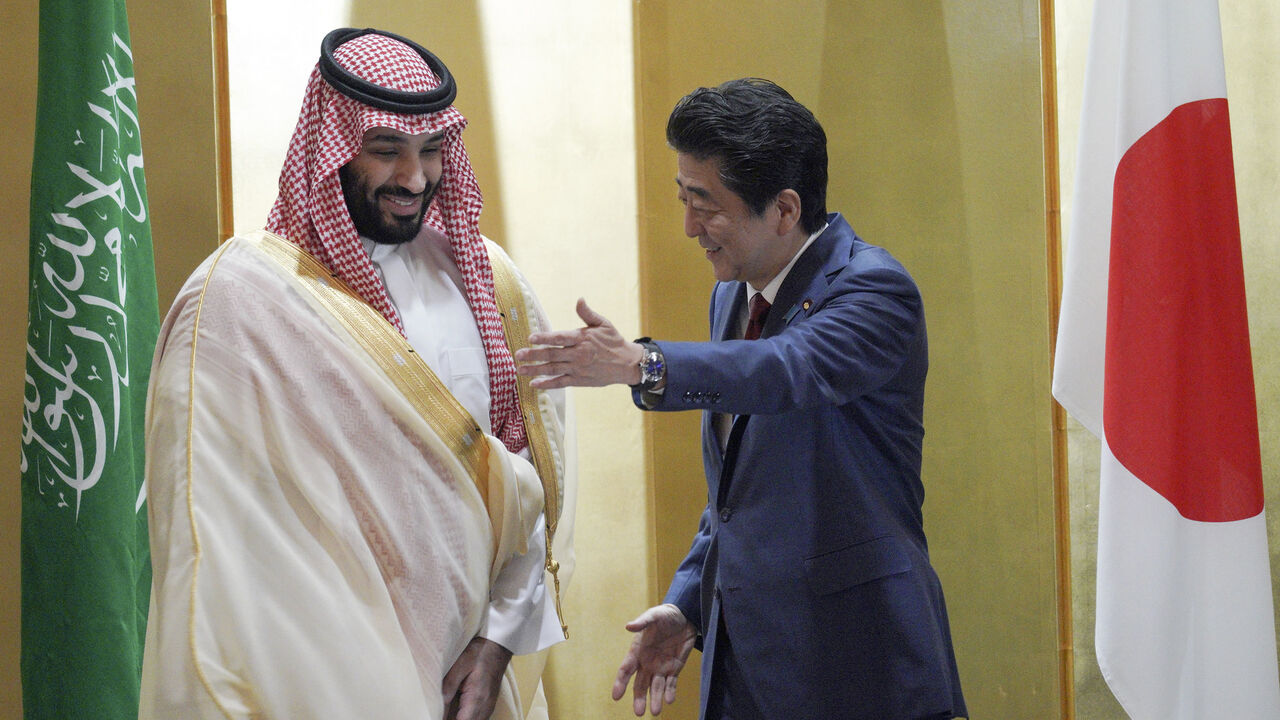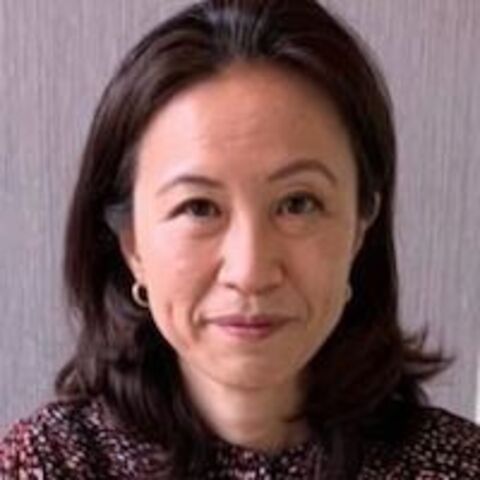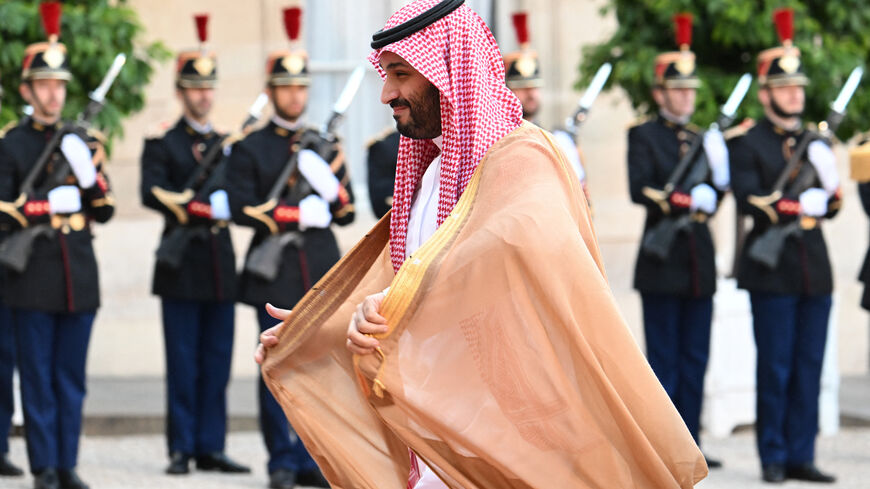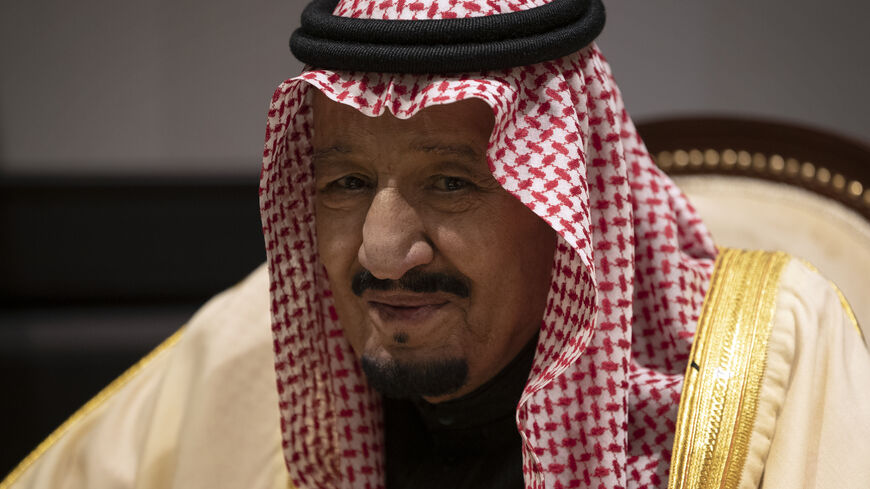Despite postponement of MBS' visit, Saudi-Japanese ties on upswing
The increase in high-level visits and overall mutual visits has been the most notable aspect of the development of Saudi-Japanese relations in recent years.

TOKYO — The official visit of Saudi Crown Prince and Prime Minister Mohammed bin Salman to Japan May 20 was postponed at the last minute due to the emergency hospitalization of King Salman bin Abdulaziz Al Saud, as Japan-Saudi Arabia relations have made great strides in recent years.
The visit of the crown prince to Japan was an opportunity to demonstrate that the relationship between the two countries has developed from one centered on crude oil imports and exports to cooperation in a wide range of fields. Although the video meeting on May 21 between Prime Minister Fumio Kishida and Prince Mohammed lacked the impact in sending out the message that the Japan visit would have brought, it has set the direction for the development of the bilateral relations, such as by agreeing to establish a Strategic Partnership Council chaired by both leaders.
The increase in high-level visits and overall mutual visits has been the most notable aspect of the development of Saudi-Japanese relations in recent years. Kishida visited Saudi Arabia last July, followed by then-Foreign Minister Yoshimasa Hayashi in September, and then-Minister of Economy, Trade and Industry Ken Saito and Vice-Foreign Minister Yoicih Fukazawa”.
Strengthening of ties under MBS
King Salman visited Japan in March 2017, attracting great attention in Japan, and Prince Mohammed attended the G20 Osaka Summit in June 2019. In the same year, there was an unprecedented rush of visits to Japan by dignitaries from Saudi Arabia, including Minister of State Al Aiban, Minister of State Turki bin Mohammed, Minister of Economic Planning Al Tuwaijri, Minister of Commerce and Investment Al Qasabi, Chairman of the Advisory Council Al Sheikh, Minister of Foreign Affairs Faisal and Minister of State for Foreign Affairs Al Jubeir. After the coronavirus pandemic, Foreign Minister Faisal visited Japan twice and Investment Minister Al Falih also arrived at Tokyo in 2022. Last year, there were visits to Japan by Defense Minister Khalid, Communications Minister Al Swaha, and Industry and Mineral Resources Minister Alkhorayef.
These dignitary visits have undoubtedly broadened the areas of cooperation in Saudi-Japanese relations. The Saudi-Japan Vision 2030, launched during King Salman's visit to Japan in March 2017, laid out a vision for the future between the two countries. The vision calls for comprehensive cooperation across a range of fields in the relationship between Saudi Arabia and Japan. Last December, the 7th Ministerial Meeting of the Saudi-Japan Vision 2030 was held in Riyadh, and as mentioned, Saito and Fukazawa traveled to Riyadh to discuss the vision with Al Falih.
During Kishida's visit to Saudi Arabia last July, the two leaders agreed to resume Free Trade Agreement negotiations between Japan and the Gulf Cooperation Council, and also agreed on a bilateral cooperation framework for the Japan-Saudi Lighthouse Initiative for Clean Energy Cooperation, confirming that they would promote closer collaboration in Green Transformation. Two months after the summit, the first Japan-Saudi Arabia Foreign Ministerial Level Strategic Dialogue was held during Hayashi's visit to Saudi Arabia in September. It is expected to strengthen overall diplomatic relations between the two countries, building on the wide-ranging memorandum of understanding for cooperation and other agreements signed last year.
Upcoming 70th anniversary
Under the strong leadership of the top leaders of both countries, the interest in mutual investments has been increasing. Kishida and Saito visited Saudi Arabia in July and December 2023, respectively, accompanied by representatives of various economic organizations, including startups as well as major Japanese companies. In addition, a Japanese-Saudi investment event was held. Forty memorandums on bilateral cooperations were signed in a wide range of fields, including energy, medical/health care, space, tourism and entertainment. Fujifilm Healthcare, Canon Medical Systems, Takeda Pharmaceutical, Avex and others have begun opening offices and factories in Saudi Arabia. Japanese companies also have expressed keen interest in NEOM, Saudi Arabia's ambitious smart city plan.
Perhaps the most important factor for the future of the bilateral relationship could stem from mutual exchange between the peoples of the two countries. In recent years, Japanese interest in tourism to Saudi Arabia has been growing as the kingdom has begun to welcome tourists to the country. In November, Japanese travel industry representatives visited Saudi Arabia, and the development of tours to the Gulf country is underway. Since March 2023, Saudi tourists can submit a visa application online, and the number of visas issued by Japan jumped to four times that of the previous year. Direct flights between Japan and Saudi Arabia are also in the pipeline.
Next year marks the 70th anniversary of the establishment of diplomatic relations between Japan and Saudi Arabia. Expansion of mutual exchange between the peoples of the two countries will strengthen the foundation for future relations. In particular, Prince Mohammed has repeatedly expressed high regards to Japanese culture and soft power in general. Cultural exchanges are bound to increase with more Saudi and Japanese tourists visiting each other's countries. After the Osaka-Kansai Expo in 2025, the Expo will be taken over by Saudi Arabia, which will be another significant opportunity to deepen exchanges between the two countries and bring the Saudis and Japanese closer.










